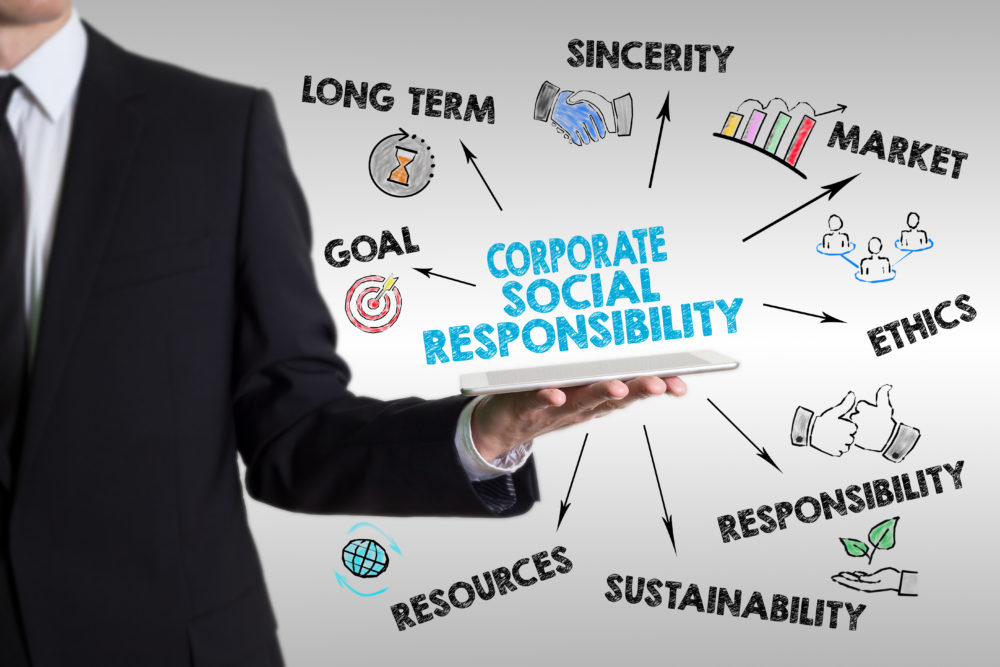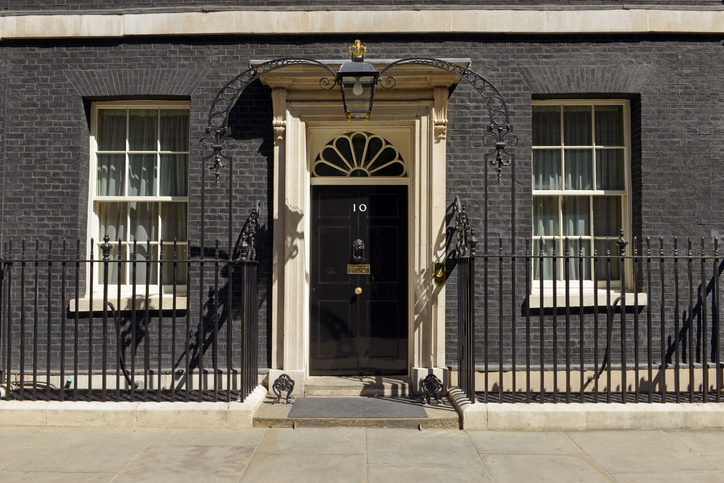A trend that has been gaining traction in businesses both large and small for the last ten years or so is the concept of corporate social responsibility.
Adopted globally by businesses of all sizes, corporate social responsibility (CSR) is clearly here to stay and for good reason.
For this trend to have stuck around, it obviously holds great merit. Be it for the business, clients, customers, even employees – or all of them equally, CSR has taken such hold, it is estimated that as many as 90% of the world’s largest corporations now formally codify their CSR performance into official documentation yearly.
What is corporate social responsibility?
CSR is largely self-explanatory. Though the precise definition is open to the interpretation of individual businesses, it can be generally defined as a rough series of ethical principles.
That is, a business will choose to go over and above what is strictly necessary to deliver social, economic and environmental benefits to anyone affected by the business and its activities.
In a nutshell, CSR aims to encourage businesses to improve the lives and situations of as many people as possible. This can happen across multiple different facets of society, like helping with homelessness, poverty and starvation or minimising a business’ ecological impact.
Businesses can do this in a few different ways. A good example would be supporting and partnering with local charities. Another would be a drive to limit the amount of paper that is used, or the amount of energy wasted. There is no defined list of things a business “must” do to be socially responsible – the only prerequisite is that it’s a genuine cause the business believes in.
What are the benefits of CSR?
A good deed is its own reward. So, the primary reason for businesses to encourage the more widespread practice of CSR isn’t for personal benefit. That said, the practice does carry with it some associated benefits for the businesses who excel.
Brand image
The world’s largest companies spend billions of marketing dollars each year in order to improve the way customers think about them. There’s no faster way to do that in a memorable and lasting fashion than to be seen as a company with a social conscience.
‘Good deeds, happy employees and environmental concerns rapidly raise a brand’s popularity with customers’
Good deeds, happy employees and environmental concerns rapidly raise a brand’s popularity with customers. These customers tend to form very intense and lasting personal connections with brands that readily display a more human element. That level of customer loyalty is a precious resource for any business.
Employee satisfaction
Happy employees are a boon for any business, so it makes sense to make their working lives as comfortable and encouraging as possible. Employees who are satisfied in their work life are driven to succeed, ultimately improving the efficiency with which a business operates.
It also helps mitigate the sometimes-costly process of employee turnover. A business makes a considerable investment in its employees. It pays, then, to provide an environment in which they will want to stay for the long-term.
Improved market penetration
Capturing the millennial market can be difficult as traditional marketing methods such as print and TV advertising generally don’t hit home. That market segment has proven, time and again, however, that they are willing to spend freely with businesses that line up with their own social concerns.
Take the environmental awareness drive of Timberland, for example, which saw its brand grow exponentially. It can be difficult to yield similar results through other, more conventional, marketing means.
Lower costs
This is a much more tangible and observable benefit. Take a drive to use less energy on a monthly basis for example. The social benefit is that fewer precious resources are used and less damage is done to the environment. The business benefit is that the monthly utility bills are lower.
Not all of the ways that businesses display social responsibility are money-saving, however many of them carry more efficient use of existing resources. All businesses want to save costs wherever possible, doing so while simultaneously benefiting others is an unmissable opportunity.
Simon Joyce is the director of Anchor Vans.





